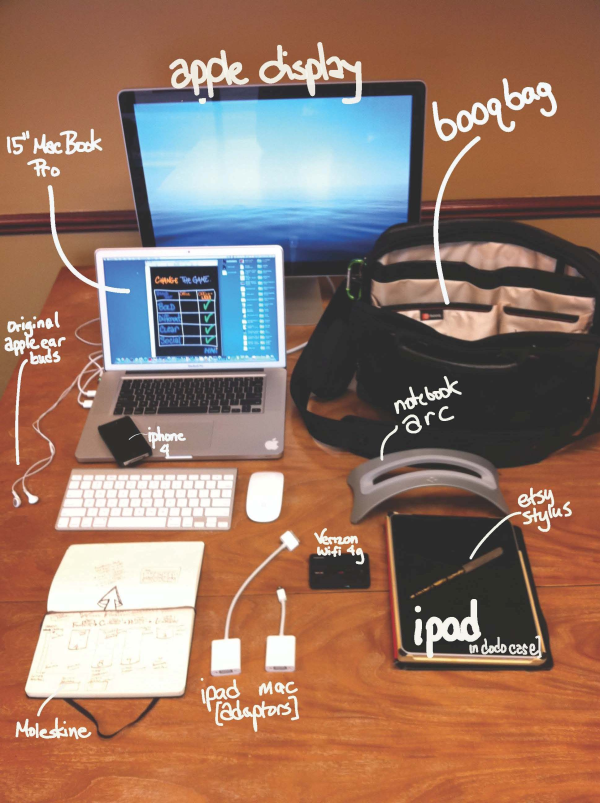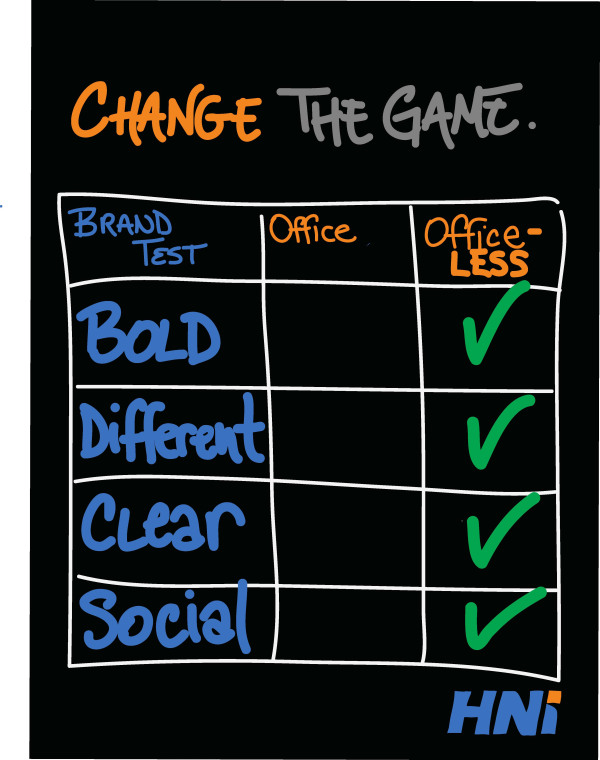MIKE NATALIZIO
President & CEO, HNI
We’re smack dab in the middle of Universe 2.0. I say this half jokingly -- it seems that you can’t turn anywhere these days without someone declaring the birth of a 2.0 version of something.
The original topic of the “2.0 meme” was of course Web 2.0. This refers to when we started moving from a read-only information culture to a democratized system where anyone could create and disseminate content online. Now instead of being strictly consumers of information, any Average Joe can create it. This is a fundamental shift in the way we interact with information. The effects of this change are still diffusing, but predictions are already popping up as to what Web 3.0 will consist of.
Enterprise 2.0 has also been discussed at length, but it remains a little further from becoming a universal reality. Enterprise 2.0 is the business who owns the culture created by Web 2.0 and who works the tools available to its advantage. While a lot of businesses have started using social media and blogging as part of their business strategies, we’ve only found few are really committed to their efforts organization-wide. Oftentimes it’s just Marketing that’s on Twitter and Facebook, not Sales or HR or the other groups that could benefit from engaging in social tools. Enterprise 2.0 is also about applying the principles of Web 2.0 within the company itself. It involves using internal collaborative platforms like Open Atrium and Yammer that democratize information sharing, just like Web 2.0.
The traditional style of management is being challenged in Enterprise 2.0 as well. The top-down hierarchal structures that used to be the norm are becoming stale and are being increasingly challenged by the newer generations in the workforce.
Some companies have reached Enterprise 2.0 already, but many are further behind. What do you think -- is your business at Enterprise 2.0 level yet?
These areas are not the only things that have changed in the world of business. Really, what hasn’t changed in the last decade? The tools we’re using, the customers we’re trying to reach, even the way we do our jobs every day has been completely revolutionized by the internet and the cultural change that has come along with it.
Over the next couple of weeks we’re going to blog more about what has changed in the world of business and what that means for you. Rather than talking about these things abstractly, we’ll focus on concrete tips for how to 2.0-ify your own company.
Do you agree that there is fundamental change occurring in the world of business? What examples have you seen of this shift?
.png?width=69&height=53&name=Acrisure%20Logo%20(White%20Horizontal).png)









